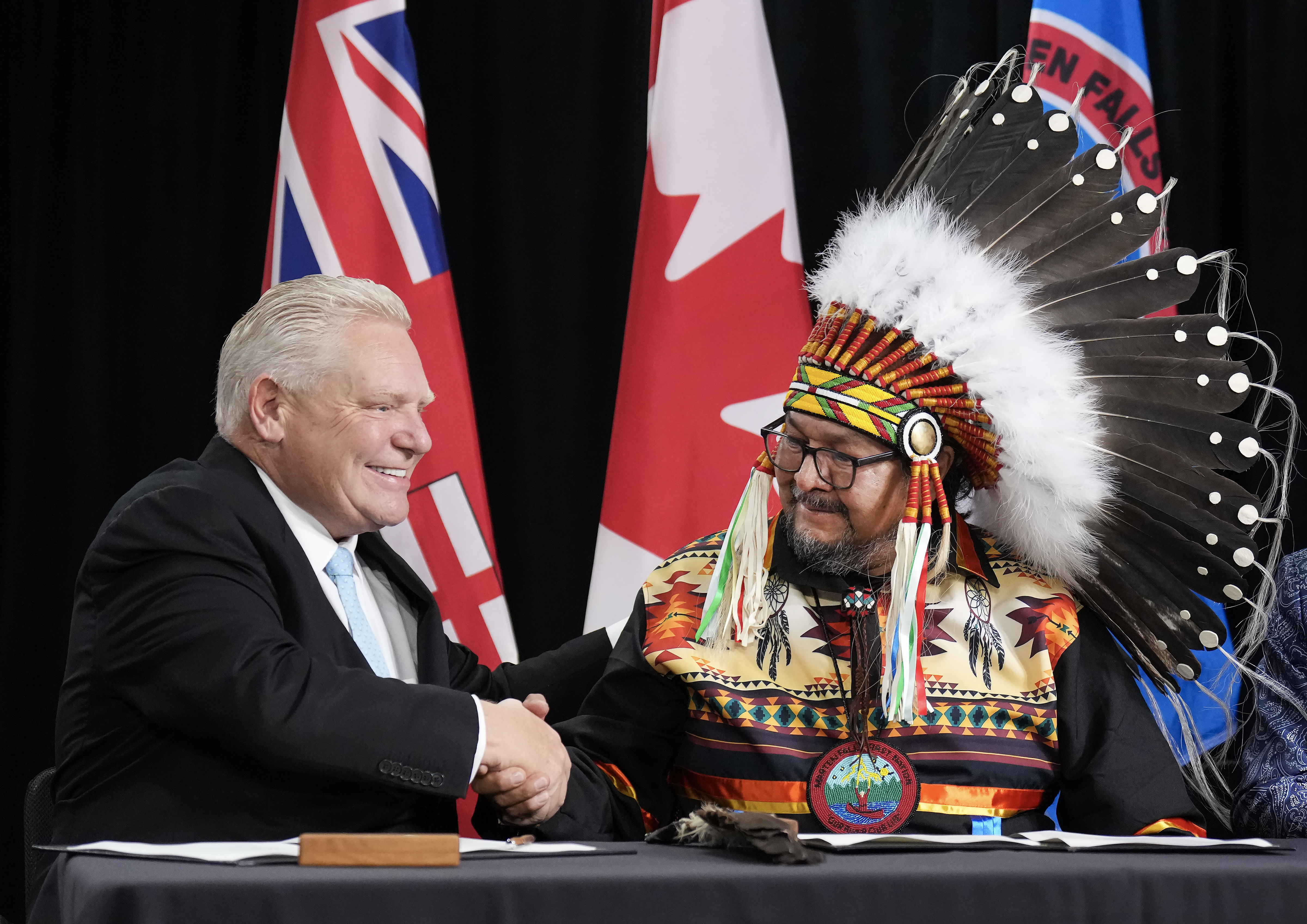- Home
Edition
Africa Australia Brasil Canada Canada (français) España Europe France Global Indonesia New Zealand United Kingdom United States Edition:
Global
Edition:
Global
- Africa
- Australia
- Brasil
- Canada
- Canada (français)
- España
- Europe
- France
- Indonesia
- New Zealand
- United Kingdom
- United States
 Academic rigour, journalistic flair
Academic rigour, journalistic flair
 MN84 / shutterstock
Cop30 saw important developments amid huge disappointment
Published: November 27, 2025 5.13pm GMT
Will de Freitas, The Conversation
MN84 / shutterstock
Cop30 saw important developments amid huge disappointment
Published: November 27, 2025 5.13pm GMT
Will de Freitas, The Conversation
Author
-
 Will de Freitas
Will de Freitas
Environment + Energy Editor, UK edition
Partners
View all partners
DOI
https://doi.org/10.64628/AB.m75jdcw66
https://theconversation.com/cop30-saw-important-developments-amid-huge-disappointment-270712 https://theconversation.com/cop30-saw-important-developments-amid-huge-disappointment-270712 Link copied Share articleShare article
Copy link Email Bluesky Facebook WhatsApp Messenger LinkedIn X (Twitter)Print article
This roundup of The Conversation’s climate coverage was first published in our award-winning weekly climate action newsletter, Imagine.
Cop30 was never just another UN climate summit. Its setting in Belém, at the mouth of the Amazon, was a reminder that negotiations now unfold within the crisis they are meant to solve.
Ultimately the summit, which wrapped up last weekend, was a disappointment. The core negotiations on emissions reductions produced an underwhelming deal, and many academics argue that these days the most exciting progress happens in the side events. Yet even as political negotiations faltered, Cop30 revealed the rising power of first-hand experience – from indigenous leaders and youth negotiators to people using stories not spreadsheets to cut through climate fatigue.
The ‘people’s Cop’ that wasn’t
Brazil promised this would be the “implementation Cop” – one with more action than words, focused on the people most affected by climate change. But Simon Chin-Yee, who was at the negotiations in Belém, and his colleagues at UCL say it failed on that count.
They note that over 5,000 indigenous people were at the summit, but that “only 360 secured passes to the main negotiating ‘blue zone’, compared to 1,600 delegates linked to the fossil fuel industry”.
With the US having withdrawn from the Paris agreement (again), China became “one of the loudest voices in the room” in an attempt to cement its status as a green technology superpower. The absence of America came as a relief for some delegates, say Chin-Yee and colleagues:
“Without the distraction of the US attempting to ‘burn the house down’ … the conference was able to get on with the business at hand: negotiating texts and agreements that will limit global warming.”
But, nonetheless, they say the agreement reached – the Belém package – is “weak” and won’t get us anywhere near limiting warming to 1.5˚C.
“Most striking,” they write, “is the absence of the words ‘fossil fuels’ from the final text even though they were central to the Glasgow climate pact (2021) and the UAE consensus (2023).”
Read more: Cop30: five reasons the UN climate conference failed to deliver on its 'people's summit' promise
The Amazon speaks
If the main negotiations were disappointing, perhaps Cop30 will be mostly remembered for its location. “The pivot from the two previous conferences in petrostates Azerbaijan and UAE … was jarring.”
That’s according to Alexander Lees, who researches tropical ecology at Manchester Met and has lived in Belém for many years. Lees, with two colleagues, says the city’s climate even “became a protagonist in its own right”. “A huge thunderstorm during one afternoon flooded many roads and brought down trees across the city, causing power outages.”
 Mundukuru indigeous protesters in Belém.
Antonio Scorza / shutterstock
Mundukuru indigeous protesters in Belém.
Antonio Scorza / shutterstock
Meanwhile, Belém’s oppressive heat and humidity was noticeable even in the negotiating rooms: “This catalysed an official complaint from UN climate chief Simon Stiell about the climate conditions in the Cop venue, asking for ‘a clear delivery plan on how temperatures will be brought down within the next 24 hours’. The parallels to the goals of the wider negotiation process were hard to miss.
Read more: Why hosting the UN climate summit in the Amazon was so important, despite the disappointing outcome
Stories cut through the noise
The image of climate diplomats wiping sweat from their brows as they struggle to focus in a stuffy room is compelling. And it’s this sort of stuff that often gets people interested.
Until the final few days of Cop30, the biggest stories to emerge from the summit all had a human angle: the floods, an indigenous protest, a fire that briefly evacuated the negotiations.
That makes sense. The negotiators speak in mitigation pathways and emissions curves, while people speak in memories, anecdotes and daily struggles shaped by a changing climate. The latter is just much more compelling.
Indeed, stories of personal experience cut through "climate fatigue” in ways that global negotiations can’t, according to climate psychologists Gulnaz Anjum of the University of Limerick and Mudassar Aziz of the University of Oslo.
“Psychology research consistently shows that people engage more deeply when they can recognise themselves, their families, their fears and their hopes in climate stories. Without that human connection, climate messages often become background noise.”
One problem is that people are often exhausted by gloomy climate news. This isn’t them being disengaged, say Anjum and Aziz, it’s a sign they are overwhelmed. “Years of catastrophic headlines, stalled policies and political gridlock create a sense of powerlessness. This ‘climate fatigue’ is often mistaken for apathy, yet it is more accurately a form of emotional self-protection.”
What works, they say, is “grounded hope”, and “stories that reflect their own struggles and resilience: a family rebuilding after a hurricane; neighbours sharing water during heatwaves; young people restoring mangroves to protect coastlines; mothers comforting frightened children as storms approach.”
Read more: How stories of personal experience cut through climate fatigue in ways that global negotiations can’t
We gambled and lost
With all that said, let’s end on a gloomier note. Our final story doesn’t open with a personal narrative, but it does have a nice metaphor: the lost gamble.
Ten years ago the world placed a bet, say James Dyke of the University of Exeter and Johan Rockström of the Potsdam Institute in Germany. The Paris agreement, and its system of voluntary emissions cuts and agreement by consensus, would put humanity on a path to avert dangerous climate change.
A decade on, after another underwhelming summit, they reckon “we can definitively say humanity has lost this bet.”
Referring to scientific attempts to map out plausible scenarios for the future, they say the best on offer is now “a future where peak warming reaches 1.7°C before returning to within 1.5°C in 75 years”.
That’s certainly better than the scenario in which we do nothing. But even that modest win will require “immediate action” on multiple fronts: a fossil fuel phase out; a food system that absorbs carbon instead of emitting it; removal of carbon dioxide from the atmosphere on an unprecedented scale.
Belém may have failed politically but it highlighted something academics have been saying for years: narrative and symbolism can sometimes be as powerful as facts and laws. If Cop30 taught us anything, it’s that the era of negotiating climate change at arm’s length is hopefully coming to a close. The crisis is no longer outside the venue – it’s flooding the streets and overheating the negotiating rooms. Whether world leaders listen is one question hanging over the road to Cop31 host Turkey, and beyond.
Read more: Turkey will host the next UN climate summit – here's how it plans to use its moment in the spotlight

Don’t have time to read about climate change as much as you’d like? Get a weekly roundup in your inbox instead. Every Wednesday, The Conversation’s environment editor writes Imagine, a short email that goes a little deeper into just one climate issue. Join the 47,000+ readers who’ve subscribed so far.
- Climate change
- Imagine newsletter
- Cop30
Events
Jobs
-
 Senior Lecturer, Human Computer Interaction
Senior Lecturer, Human Computer Interaction
-
University Lecturer in Early Childhood Education
-
 Case Specialist, Student Information and Regulatory Reporting
Case Specialist, Student Information and Regulatory Reporting
-
 Lecturer in Paramedicine
Lecturer in Paramedicine
-
 Associate Lecturer, Social Work
Associate Lecturer, Social Work
- Editorial Policies
- Community standards
- Republishing guidelines
- Analytics
- Our feeds
- Get newsletter
- Who we are
- Our charter
- Our team
- Partners and funders
- Resource for media
- Contact us
-
-
-
-
Copyright © 2010–2025, The Conversation

 Senior Lecturer, Human Computer Interaction
Senior Lecturer, Human Computer Interaction
 Case Specialist, Student Information and Regulatory Reporting
Case Specialist, Student Information and Regulatory Reporting
 Lecturer in Paramedicine
Lecturer in Paramedicine
 Associate Lecturer, Social Work
Associate Lecturer, Social Work



